-
 Bitcoin
Bitcoin $82,817.8607
0.37% -
 Ethereum
Ethereum $1,786.3450
-0.21% -
 Tether USDt
Tether USDt $0.9995
-0.03% -
 XRP
XRP $2.0581
2.05% -
 BNB
BNB $588.2756
-0.68% -
 USDC
USDC $0.9998
0.00% -
 Solana
Solana $115.3483
0.38% -
 Dogecoin
Dogecoin $0.1636
2.68% -
 TRON
TRON $0.2386
2.84% -
 Cardano
Cardano $0.6358
-0.31% -
 UNUS SED LEO
UNUS SED LEO $9.3782
-0.39% -
 Toncoin
Toncoin $3.3861
-6.95% -
 Chainlink
Chainlink $12.5471
-1.04% -
 Stellar
Stellar $0.2562
0.24% -
 Avalanche
Avalanche $17.9826
0.03% -
 Shiba Inu
Shiba Inu $0.0...01210
0.63% -
 Sui
Sui $2.1798
-1.97% -
 Hedera
Hedera $0.1599
1.32% -
 Polkadot
Polkadot $4.0300
3.14% -
 Litecoin
Litecoin $82.4348
0.50% -
 MANTRA
MANTRA $6.2928
-0.26% -
 Bitcoin Cash
Bitcoin Cash $298.4903
-1.02% -
 Bitget Token
Bitget Token $4.4895
-0.77% -
 Dai
Dai $1.0000
0.00% -
 Ethena USDe
Ethena USDe $0.9995
-0.01% -
 Monero
Monero $215.3108
0.00% -
 Hyperliquid
Hyperliquid $11.2063
-1.26% -
 Uniswap
Uniswap $5.7675
-1.15% -
 Pi
Pi $0.5200
-14.33% -
 NEAR Protocol
NEAR Protocol $2.4551
3.63%
What is Crypto Coins? A detailed explanation of Crypto Coins
Crypto coins, decentralized digital currencies, leverage cryptography to secure peer-to-peer transactions, offering anonymity, transparency, and potential financial growth.
Oct 23, 2024 at 05:36 pm
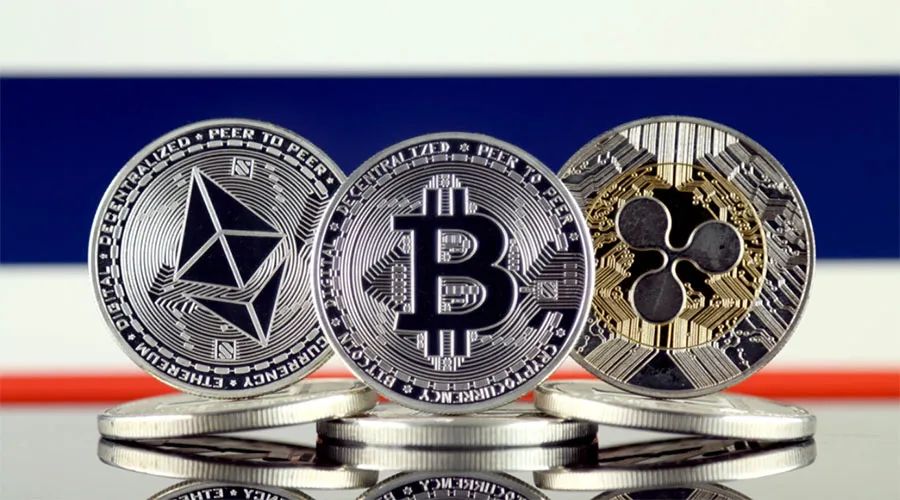
What are Crypto Coins?
Crypto coins, also known as cryptocurrencies, are digital or virtual currencies that use cryptography for secure transactions. They are decentralized, meaning they are not controlled by any government or financial institution.
1. Key Features:
- Decentralized: Unlike fiat currencies issued by central banks, crypto coins operate on blockchain networks.
- Peer-to-Peer Transactions: They enable direct transactions between users without intermediaries.
- Anonymity: Some crypto coins provide anonymity, making it difficult to trace transactions.
- Transparency: Blockchain transactions are transparent and recorded on a public ledger.
2. Types of Crypto Coins:
- Bitcoin (BTC): The original and most well-known cryptocurrency.
- Ethereum (ETH): A platform for decentralized applications and smart contracts.
- Binance Coin (BNB): The native coin of the Binance cryptocurrency exchange.
- Tether (USDT): A stablecoin pegged to the value of the US dollar.
- Cardano (ADA): A blockchain platform with a focus on scalability and sustainability.
3. Benefits of Crypto Coins:
- Borderless Transactions: They allow users to send and receive funds globally, regardless of currency or geographical location.
- Low Transaction Fees: Cryptocurrencies often have lower transaction fees compared to traditional banking methods.
- Increased Security: Cryptocurrency transactions are encrypted and stored securely on blockchain networks.
- Investment Potential: Crypto coins can be traded and invested for potential financial gains.
4. Risks of Crypto Coins:
- Volatility: Cryptocurrency prices can fluctuate wildly, leading to potential losses for investors.
- Regulation: The regulatory landscape for crypto coins is still evolving, and governments may introduce restrictions.
- Cybersecurity Threats: Cryptocurrency wallets and exchanges can be vulnerable to hacking and fraud.
- Lack of Acceptance: Not all businesses and organizations accept crypto coins as payment.
Disclaimer:info@kdj.com
The information provided is not trading advice. kdj.com does not assume any responsibility for any investments made based on the information provided in this article. Cryptocurrencies are highly volatile and it is highly recommended that you invest with caution after thorough research!
If you believe that the content used on this website infringes your copyright, please contact us immediately (info@kdj.com) and we will delete it promptly.
- Dogecoin Price Soared Over 2% Today, Indicating a Renewed Market Interest in the Leading Meme Coin
- 2025-04-04 21:10:12
- Filecoin FIL $2.76 24h volatility: 2.9% Market cap: $1.79 B Vol. 24h: $489.77 M
- 2025-04-04 21:10:12
- The latest Dogecoin price prediction is raising eyebrows
- 2025-04-04 21:05:12
- With meme coins like Pepe and Shiba Inu back in the spotlight, traders are wondering which token could deliver the biggest gains this week
- 2025-04-04 21:05:12
- Market expert Ali Martinez estimates that the price of this dog-themed meme coin has the potential to surge by around 250% to touch the $0.5 level
- 2025-04-04 21:00:12
- Ethereum (ETH) price plunges further as investors limit their risk exposure
- 2025-04-04 21:00:12
Related knowledge
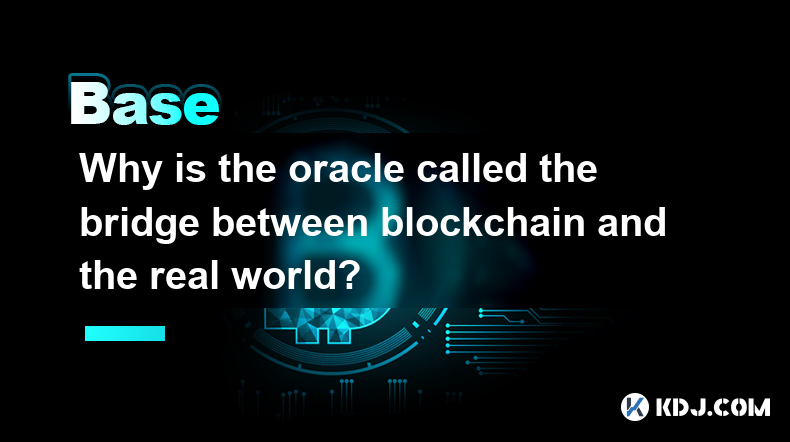
Why is the oracle called the bridge between blockchain and the real world?
Apr 04,2025 at 04:00am
The concept of an oracle in the cryptocurrency and blockchain world is crucial for understanding how these decentralized systems interact with external data. The oracle is often referred to as the bridge between blockchain and the real world because it serves as a vital intermediary that fetches, verifies, and transmits off-chain data to the on-chain en...
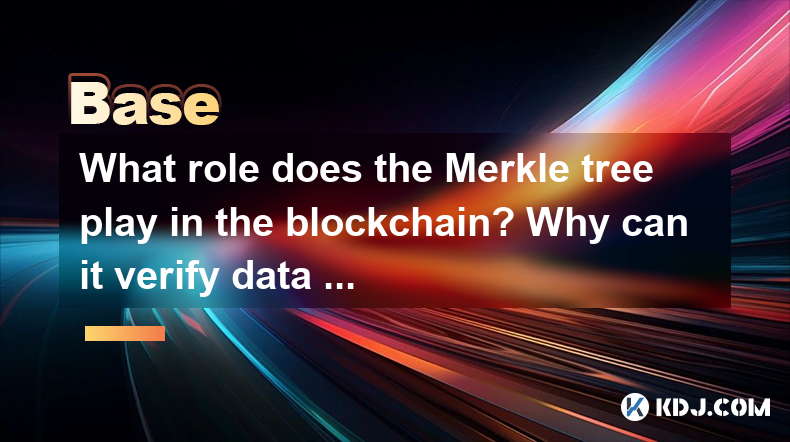
What role does the Merkle tree play in the blockchain? Why can it verify data integrity?
Apr 04,2025 at 01:29pm
The Merkle tree plays a crucial role in the blockchain, primarily due to its ability to efficiently and securely verify data integrity. This article will delve into the structure of a Merkle tree, its implementation in blockchain, and how it ensures the integrity of data. Understanding the Structure of a Merkle TreeA Merkle tree, also known as a hash tr...
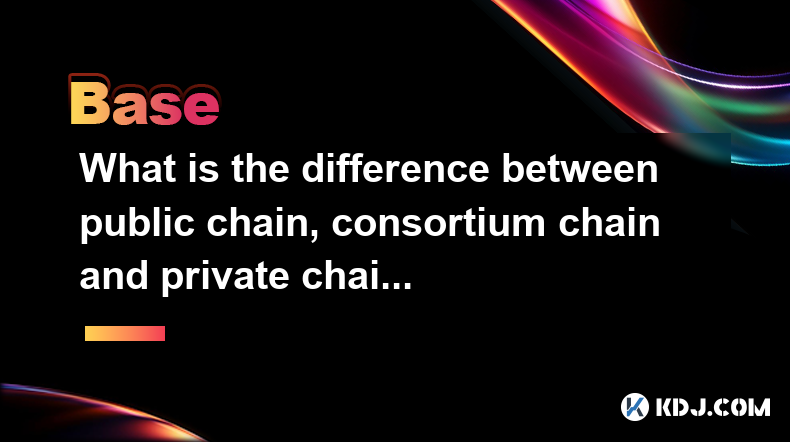
What is the difference between public chain, consortium chain and private chain? What scenarios are suitable for each?
Apr 04,2025 at 09:21pm
In the world of blockchain technology, understanding the differences between public chains, consortium chains, and private chains is crucial for selecting the right type of blockchain for specific applications. Each type of blockchain has its own unique characteristics and use cases, which we will explore in detail. Understanding Public ChainsPublic cha...
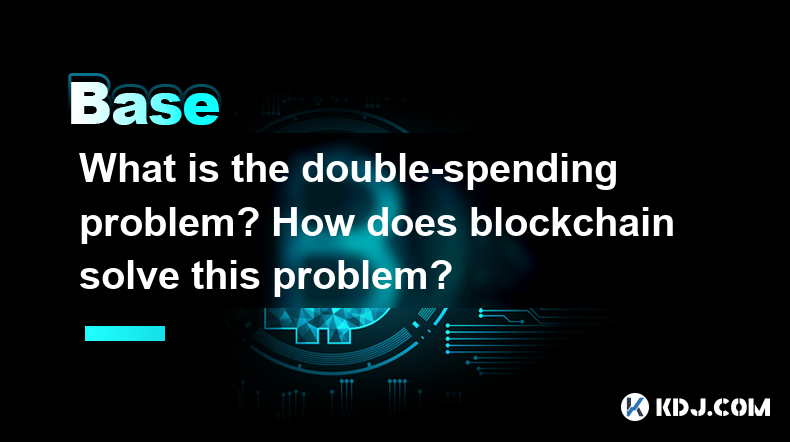
What is the double-spending problem? How does blockchain solve this problem?
Apr 04,2025 at 09:07am
The double-spending problem is a significant challenge in the realm of digital currencies. Double-spending refers to the potential for a digital currency to be spent more than once. This issue arises because digital files, unlike physical cash, can be easily duplicated. If not addressed, double-spending could undermine the integrity and trust in any dig...
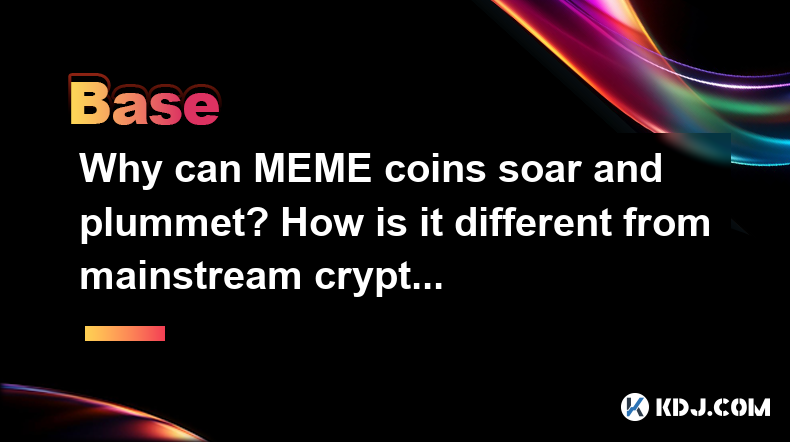
Why can MEME coins soar and plummet? How is it different from mainstream cryptocurrencies?
Apr 04,2025 at 03:07pm
The world of cryptocurrencies is vast and diverse, with a wide range of digital assets that cater to different needs and interests. Among these, MEME coins have carved out a unique niche, often experiencing dramatic price fluctuations that can both soar and plummet in a short period. This phenomenon, while intriguing, differs significantly from the beha...
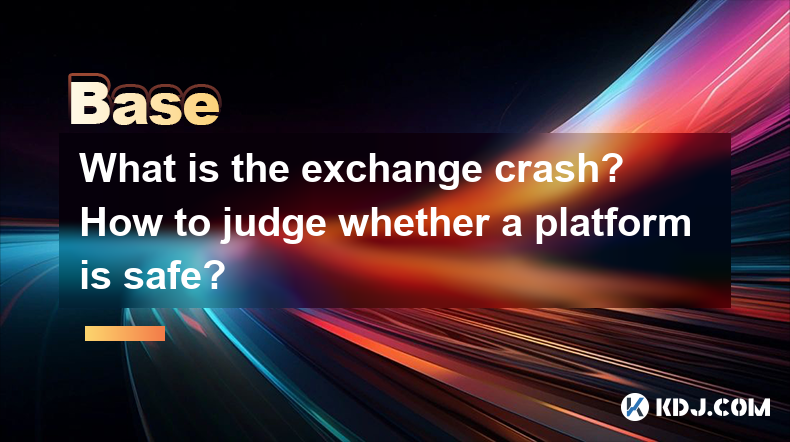
What is the exchange crash? How to judge whether a platform is safe?
Apr 04,2025 at 05:07pm
An exchange crash refers to a sudden and severe disruption in the operations of a cryptocurrency exchange platform, leading to significant financial losses for users and often resulting in the platform's inability to continue functioning. Such crashes can stem from various causes, including cybersecurity breaches, technical failures, or insolvency. Unde...

Why is the oracle called the bridge between blockchain and the real world?
Apr 04,2025 at 04:00am
The concept of an oracle in the cryptocurrency and blockchain world is crucial for understanding how these decentralized systems interact with external data. The oracle is often referred to as the bridge between blockchain and the real world because it serves as a vital intermediary that fetches, verifies, and transmits off-chain data to the on-chain en...

What role does the Merkle tree play in the blockchain? Why can it verify data integrity?
Apr 04,2025 at 01:29pm
The Merkle tree plays a crucial role in the blockchain, primarily due to its ability to efficiently and securely verify data integrity. This article will delve into the structure of a Merkle tree, its implementation in blockchain, and how it ensures the integrity of data. Understanding the Structure of a Merkle TreeA Merkle tree, also known as a hash tr...

What is the difference between public chain, consortium chain and private chain? What scenarios are suitable for each?
Apr 04,2025 at 09:21pm
In the world of blockchain technology, understanding the differences between public chains, consortium chains, and private chains is crucial for selecting the right type of blockchain for specific applications. Each type of blockchain has its own unique characteristics and use cases, which we will explore in detail. Understanding Public ChainsPublic cha...

What is the double-spending problem? How does blockchain solve this problem?
Apr 04,2025 at 09:07am
The double-spending problem is a significant challenge in the realm of digital currencies. Double-spending refers to the potential for a digital currency to be spent more than once. This issue arises because digital files, unlike physical cash, can be easily duplicated. If not addressed, double-spending could undermine the integrity and trust in any dig...

Why can MEME coins soar and plummet? How is it different from mainstream cryptocurrencies?
Apr 04,2025 at 03:07pm
The world of cryptocurrencies is vast and diverse, with a wide range of digital assets that cater to different needs and interests. Among these, MEME coins have carved out a unique niche, often experiencing dramatic price fluctuations that can both soar and plummet in a short period. This phenomenon, while intriguing, differs significantly from the beha...

What is the exchange crash? How to judge whether a platform is safe?
Apr 04,2025 at 05:07pm
An exchange crash refers to a sudden and severe disruption in the operations of a cryptocurrency exchange platform, leading to significant financial losses for users and often resulting in the platform's inability to continue functioning. Such crashes can stem from various causes, including cybersecurity breaches, technical failures, or insolvency. Unde...
See all articles




















































































